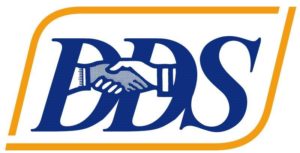NBRC will be closed on Monday June 19, 2023, as we reflect on an essential part of American history, commemorating African American Freedom. We will resume business on Tuesday June 20, 2023. Happy Juneteenth!
Happy Pride Month June 2023
Happy Pride Month!
“A long time ago I asked myself, ‘Do I want to be right, or do I want to be kind?’. I opted for kind.” ― Jane Lynch

Regional Center Overview
What makes California regional centers unique? They are nonprofit, private corporations that contract with the Department of Developmental services to provide or coordinate services and supports for individuals with developmental disabilities. From front-end Service Coordination to behind-the-scenes Business Support, we all work together towards our goal in best supporting the individuals we serve!
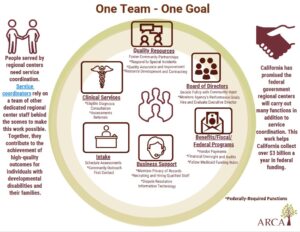
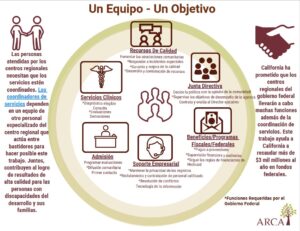
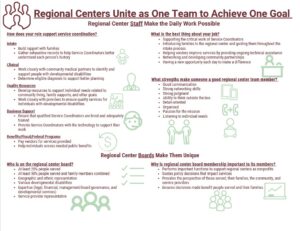
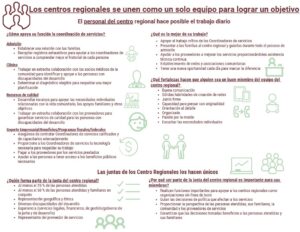
Memorial Day Closure May 29th
In observance of Memorial Day, NBRC will be closed on Monday May 29, 2023. We will resume business on Tuesday May 30, 2023. We wish you a meaningful and memorable Memorial Day!
Consumer Corner 5th Edition
We are excited to share our 5th Edition of Consumer Corner by Consumer Advocate, Ellen Sweigert!
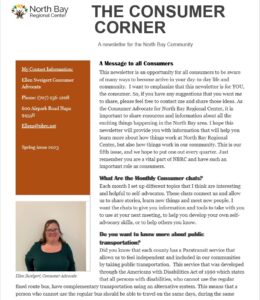
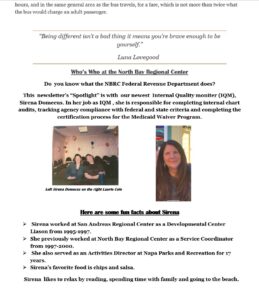
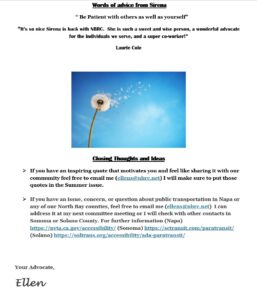
NBRC Community Conversation 5/24/2023
On May 24th from 10:00am-12:00pm, NBRC will be hosting our Community Conversation to provide Purchase of Service (POS) data, updates and steps taken to address disparity. We hope to see you at the Central Santa Rosa Library. This meeting will be held in English with ASL interpretation.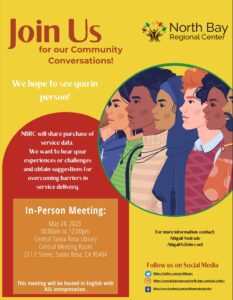
Special Needs Trusts Informative Discussion April 27th
Do you have questions regarding Special Needs Trusts or Limited Conservatorships? Becoming Independent is hosting a free informative discussion on Thursday, April 27th at 5:30pm-7:00pm in Santa Rosa! Please refer to the flyer for location and RSVP information.






